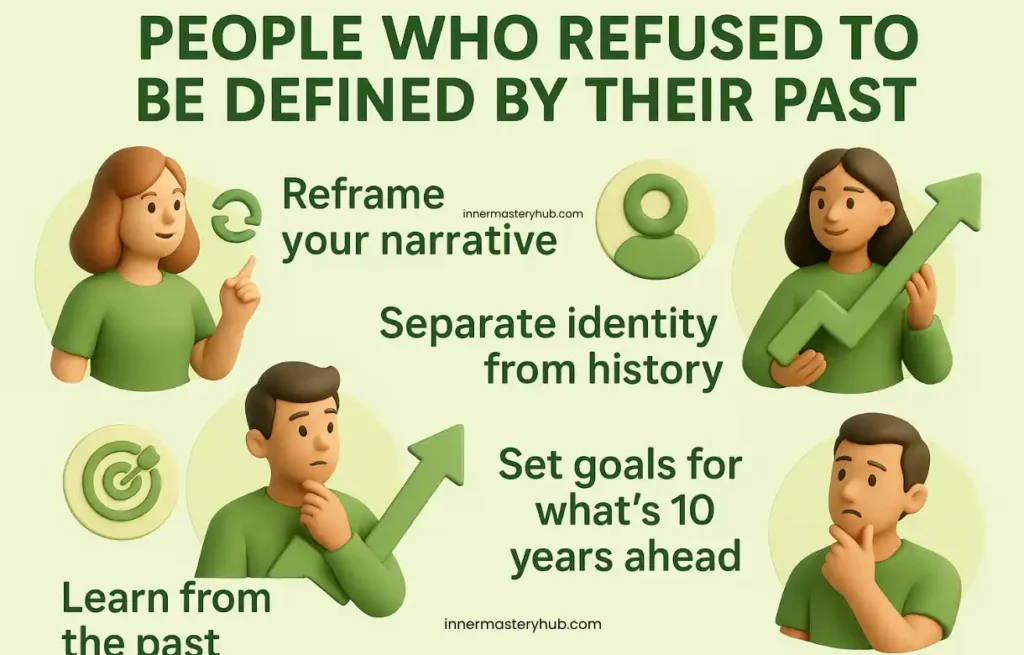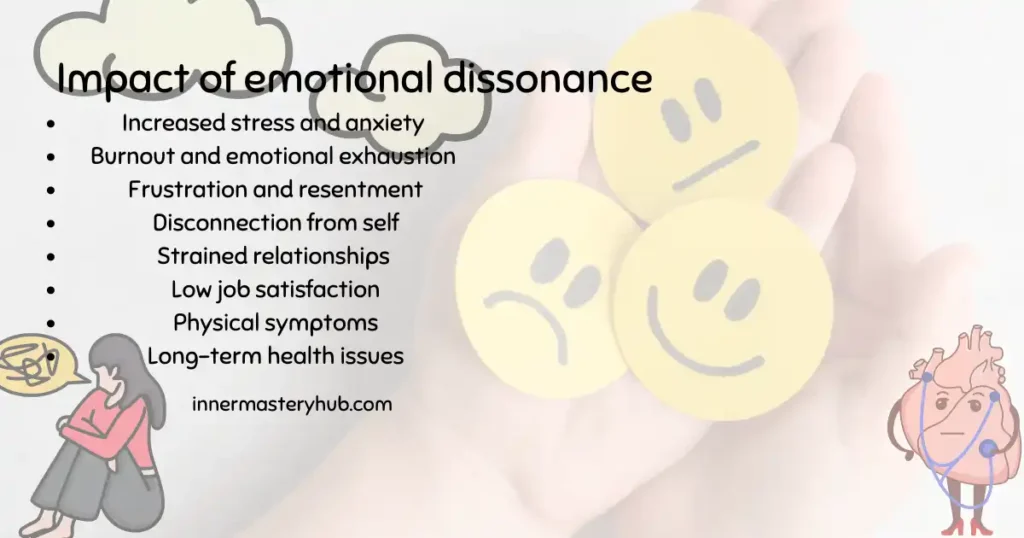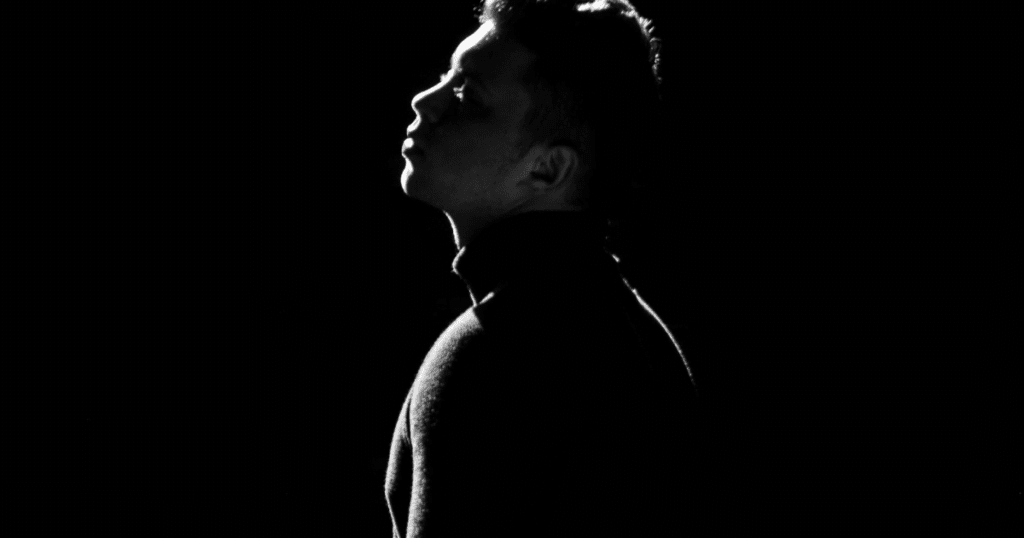People Who Refused to Be Defined by Their Past Accept 11 Challenges

You Are More Than Your History. You can believe that your past defines who you are and restricts who you can become. This could be a label you’ve carried yourself or one others have placed on you for years. In reality, though, you can join those people who refused to be defined by their past. They are rising from the shadows of outdated narratives and refuse to be defined by their past.
1. Acknowledge, but don’t stay there
Many of us struggle when we attempt to deny the past; we act as though it never happened, or spend so much time in it that the rest of our lives are stuck. Acknowledging that your past is real, painful, or flawed and integrating it into your narrative is the first step.
According to research on resilience, those who successfully recover from tragedy include the experience in their lives rather than just avoiding or repressing it, when you give yourself permission to acknowledge that this actually occurred. “I was mistreated, I made mistakes, and I was hurt,” placing an end to your denial. However, you may additionally choose that this won’t be the only thing that defines your past.
For reflection, ask yourself what you’re refusing to face about your past, and how acknowledging it (rather than denying it) might loosen its grip on you.
2. Reframe your narrative
The next step after accepting your past is to change how you describe it to yourself, and then your reaction to it. A story that encourages development, change, or opportunity is chosen by those who refuse to be defined by their past. Resilience theory holds that it is essential to frame an event as something to learn from and grow from.
Instead of saying, “Because that happened, I’m stuck,” you could say, “Because that happened, I learnt / I committed / I shifted direction.” That changes the meaning you give to your past, but it doesn’t define you. You go from victim-identity to author-identity when you tell yourself the old fairy tale in a more powerful and empowering way. That change is essential.
3. Separate identity from history
Labels like “a failure,” “hurt child,” “ex addict,” and “someone from a broken home” are often internalised as a result of a bitter past. However, learn to reject the notion that these identities define who you are; eventually, these past struggles will show you how multifaceted you are.
Resilience is about growing one’s identity rather than merely recovering. “Yes, I did X/Y happen—but I am also and increasingly…” is what you start to ask. Instead of being fixed by the past, your identity becomes dynamic. Take a moment to write down three labels that you believe the past has bestowed on you. Next, list three aspects of yourself that those labels don’t honestly describe.
4. Build strong support systems
Relationships and social support play an important role in resilience. You may know people whose lives were transformed when they at last met a supportive environment or someone who believed in them. The lesson is that you don’t have to do it alone if you’re attempting to move past what used to be.
Look for those who see you differently. Allow them to control the person you are growing into. Thought: Is there somebody in your life who makes you feel valued beyond your past? How can you rely on them more, or look for someone else who can?
5. Set goals for 10 years ahead
When the past has overtaken you, you tend to focus on the past, on what happened, why, who is to blame, and the shame. However, those who let go of the past move forward by setting objectives, creating strategies, and focusing on taking action.
The focus should be on thriving, creating new pathways—rather than merely surviving. “This is where I’m going now,” you decide. “What I’ll do this week, this month, this year” is how you break things down. Taking action keeps you rooted in the here and now rather than just the past. List one yearly objective and three progressive measures you can take this month to reach it.
6. Your past does not have to define your future choices
Lessons can be learnt from your past, including what worked, what didn’t, and the patterns you followed. Harvesting those lessons and making intentional choices by moving ahead is a critical phase. Instead of learning and moving on, many people stall because they keep reliving the past.
When you interact with challenges, derive meaning from them, and put them into practice, you can achieve success. What did that event tell me about my limitations, you might wonder? My advantages? What do I need? “How will I act differently now?” is the following question to ask. When you reflect, choose one lesson from your past and then make a list of two specific actions you will take to prevent being defined by your past.
7. Deal with the accumulated regret
Shame and regret often loom large when you have a bitter past. “That mistake defines you,” the whispers, your inner critic constantly reminds you of. However, you must be gentle to yourself to oppose their power. You must learn to react with empathy rather than just condemnation, but you don’t make up for what happened.
Adopt the following: “I am deserving of kindness and second chances, but I made a mistake, I was hurt, or I acted under pressure.” Self-analysis: When you think back on your past, what self-compassionate term may you use? When the past pulls you back, work on expressing it.
8. Flexibility in adapting your identity
Rigidity traps those who refuse to be defined by their past. Successful trauma survivors are those who flex, adapt, and flip rather than adhere to a single coping strategy. In your narrative, that means being open to changing who you are, how you see yourself, and your course. “I used to think I was X because of my past, but now I’m discovering I might be Y, even Z,” you may remark.
Think, like, what aspects of your life are you adhering strictly to your self-concept? How could you be receptive to a different version of yourself?

9. Enjoy activities that shift your focus outward
Your history sometimes keeps you inward, causing you to think, relive, and suffer in silence. People who move on perform meaningful, outward-facing actions, such as helping others, making a contribution, or adding value to society. They find Purpose and connection to implement the lessons of resilience their past has taught them. You can pick up a new skill, mentor someone, start a little project, or volunteer.
10. Redefine what success means for you
Success may seem unattainable or alien when you refuse to be defined by your past. However, you can celebrate small victories and redefine success in your own terms. The thriving often requires continuous growth rather than abrupt changes.
“Today I chose differently,” you can say. “I didn’t respond in the same manner as before.” “When I used to hide, I reached out.” At the end of every week, write down one action you took that you would not have taken in the past and give yourself a pat on the back.
11. Keep the past in view, but don’t let it be your roadmap
Lastly, you perform better when you keep the past in mind (so you don’t make the same mistakes again or go into denial), but you don’t let it dictate how you live. People who refuse to be defined by their past and view it as a point of reference rather than a strategy. Instead of living by them, they live by the values of the present and the potential of the future.
Adaptive people respond to misfortune rather than ignoring it, according to resilience theory. In fact, that means reflecting on what took place, learning from it, forgiving others, and moving on. You don’t continue to live as if you were still there. Write a paragraph summarising your past experiences today. Next, write one paragraph about your future.
Takeaway
You’re already moving towards a deeper reality if you’re reading this: what has happened doesn’t have to determine who you are. The saying “people who refused to be defined by their past” refers to you, not just other people. The past does not bind you; you can move on from it.
You can reclaim your story by accepting your past, rewriting it, separating your identity from labels, gaining support, establishing goals for the future, learning lessons, practicing self-compassion, being adaptable, interacting with others, celebrating your accomplishments, and keeping the past in mind without using it as a roadmap.
You develop into a person who considers the past, makes decisions about the future, and lives a life that challenges previous definitions. Enter that life.
FAQs about people who refused to be defined by their past
What does it mean to refuse to be defined by your past?
It means choosing not to let your previous mistakes, experiences, or labels decide who you are today. You acknowledge your past but focus on growth, learning, and change. It’s about creating a new identity that reflects your present choices and future goals, not old memories.
Why is it essential that people don’t let their past define them?
Because when you let your past define you, it limits your potential. Holding onto old pain, shame, or failures stops growth. By moving beyond it, you open doors to healing, new experiences, and self-acceptance. You begin to live freely, guided by Purpose rather than regret.
What everyday habits do people who refuse to be defined by their past practice have?
They practice self-reflection, forgiveness, and gratitude. They set clear goals, seek out supportive people, and focus on progress rather than perfection. They learn from mistakes instead of repeating them, maintain healthy routines, and regularly remind themselves that growth is a choice made every day.
Can someone who made significant mistakes in their past still choose who refuse to be defined by their past?
Yes, absolutely. Everyone can change. Mistakes are not permanent identities—they are lessons. Through self-awareness, accountability, and consistent positive action, anyone can rebuild their character. Many people who once struggled deeply have transformed their lives by learning, adapting, and choosing to live differently.
How do you start shifting from being defined by your past to determining your future?
Start by accepting what happened without judgment. Reflect on what it taught you, then set new goals based on who you want to become. Surround yourself with supportive people and take small daily actions toward change. Each new choice helps rewrite your personal story.
What role do forgiveness and self-compassion play for people who refuse to be defined by their past?
Forgiveness releases the weight of blame, while self-compassion allows healing. Together, they break the cycle of guilt and shame that ties you to the past. By forgiving yourself and others, you create emotional space for growth, peace, and the freedom to move forward confidently.
How can you rebuild your identity after a difficult or traumatic past or being defined by your past?
You rebuild by reconnecting with your values, strengths, and goals. Therapy, journaling, and mindfulness help you understand your story differently. Gradually, you form new habits and beliefs that reflect who you are now, not who you were when pain or trauma shaped you.
Are there research-backed strategies for people who refuse to be defined by their past?
Yes. Studies on resilience and post-traumatic growth highlight techniques like reframing experiences, developing optimism, and building social support. Mindfulness, goal-setting, and practicing gratitude also strengthen emotional recovery. Research confirms that people who actively apply these strategies adapt faster and live more fulfilling lives.
How do you handle relationships and environment when you refuse to be defined by your past?
Choose relationships that support your growth and distance yourself from toxic environments that reinforce old patterns. Communicate your boundaries and changes clearly. Healthy connections encourage healing and new beginnings, while the right environment helps you stay aligned with your evolving identity and goals.
How do you stay motivated and celebrate progress when you refuse to be defined by your past?
Track small victories and regularly acknowledge your growth. Celebrate efforts, not just outcomes. Use positive reminders, affirmations, and supportive communities to stay encouraged. Reflect on how far you’ve come, and let that progress fuel your motivation to keep moving toward a better future.
What does “when you refuse to be defined by your past” really mean?
It means that although your past experiences—mistakes, regrets, hurts—may have influenced you, they don’t have to determine who you are today or who you’ll become. It’s about choosing to learn, grow, and move forward rather than staying stuck in an old identity.
What are common obstacles to refusing to being defined by your past?
Some obstacles: fear of what others think, guilt or shame that seems unshakeable, repeating old behaviours because of identity (“I’m a failure”), allowing old labels to stick (“I was abused → I’m always a victim”). Recognising these helps you overcome them.
Does refusing to being defined by your past mean forgetting it?
No — it doesn’t mean erasing your past or pretending it didn’t happen. It means you recognise it, learn from it, but don’t let it dictate your self-worth or dictate every decision you make now.
Can you still remember the past and heal even if you “refuse to be defined by your past”?
Yes — absolutely. Refusing to be defined doesn’t mean forgetting. It means acknowledging the past, learning from it, healing from it, and then choosing a future that isn’t dictated by it. It’s the difference between “I am what happened to me” vs. “I am what I choose to become.”
Does “when you refuse to be defined by your past” mean I should ignore the consequences of past actions?
No — it doesn’t mean avoiding responsibility or consequences. It means you don’t let those consequences become your permanent identity. You accept what must be accepted, make amends if needed, then choose to grow beyond the limits that the past tried to impose.
What difference does “when you refuse to be defined by your past” make in the long term?
Over time you shift from reacting to what happened to proactively designing what happens next. It opens possibilities: new relationships, new goals, new identity. You’re no longer stuck in the old loops. You become the author of ongoing chapters rather than living in a closed box.,






